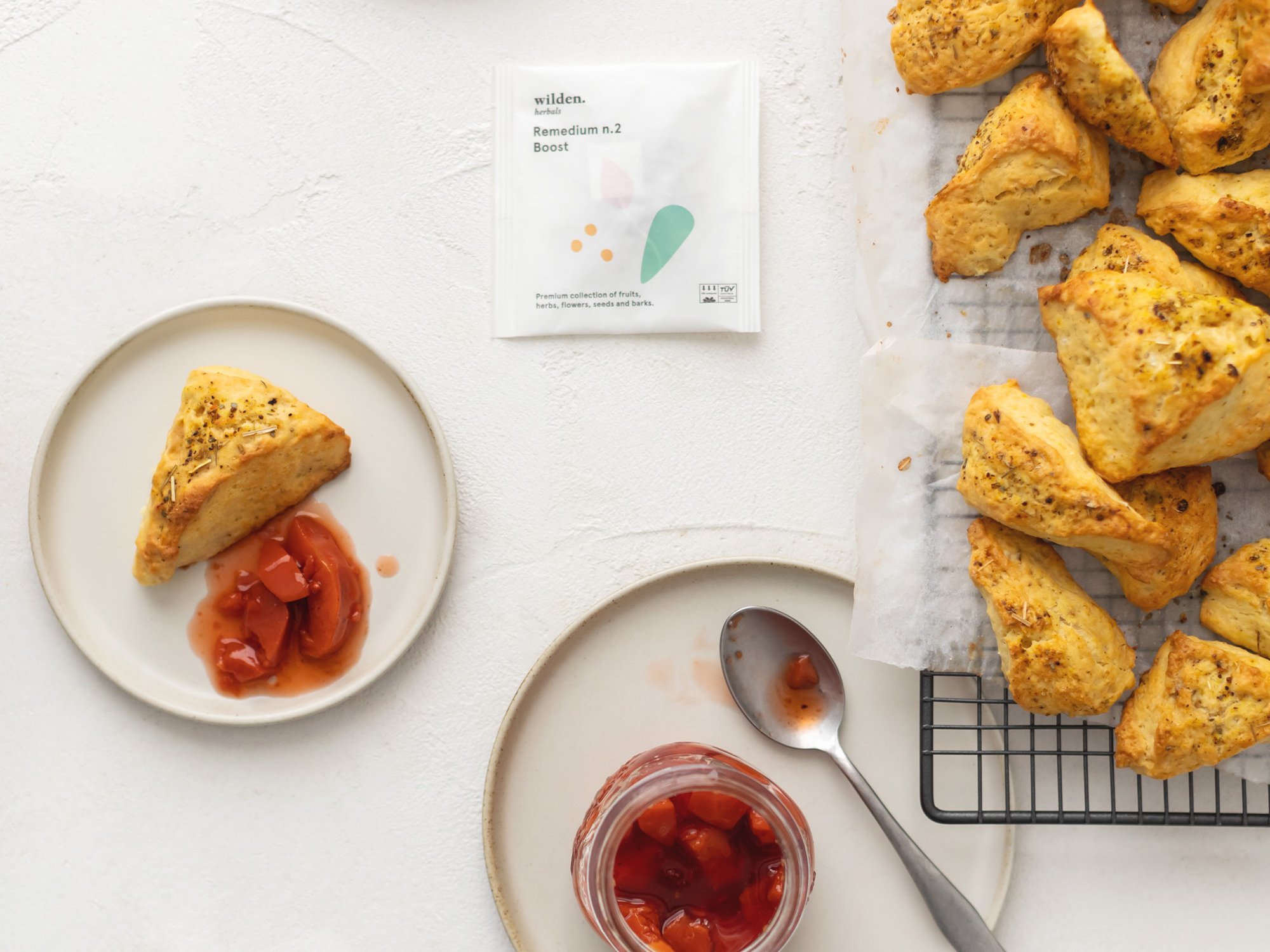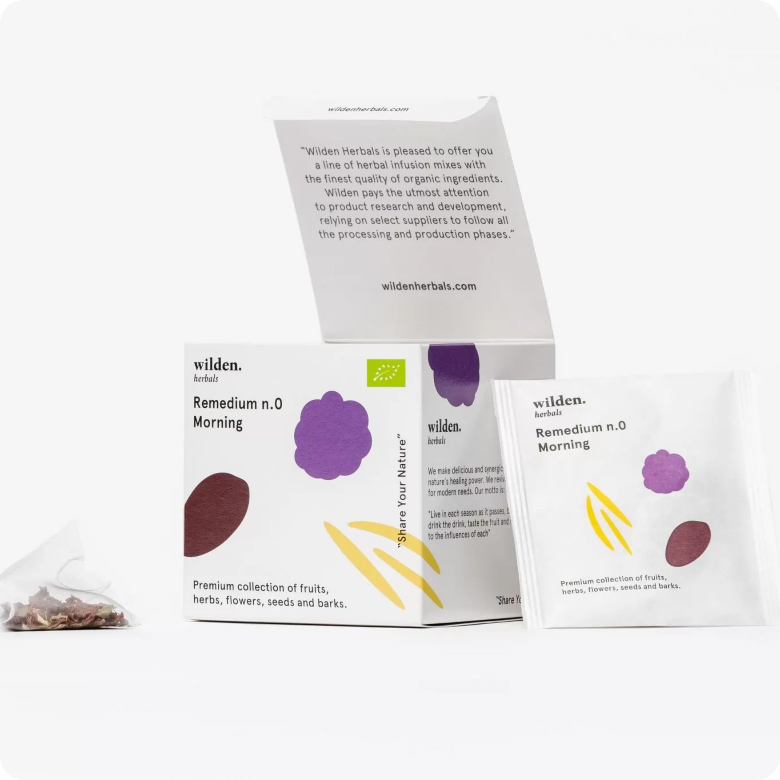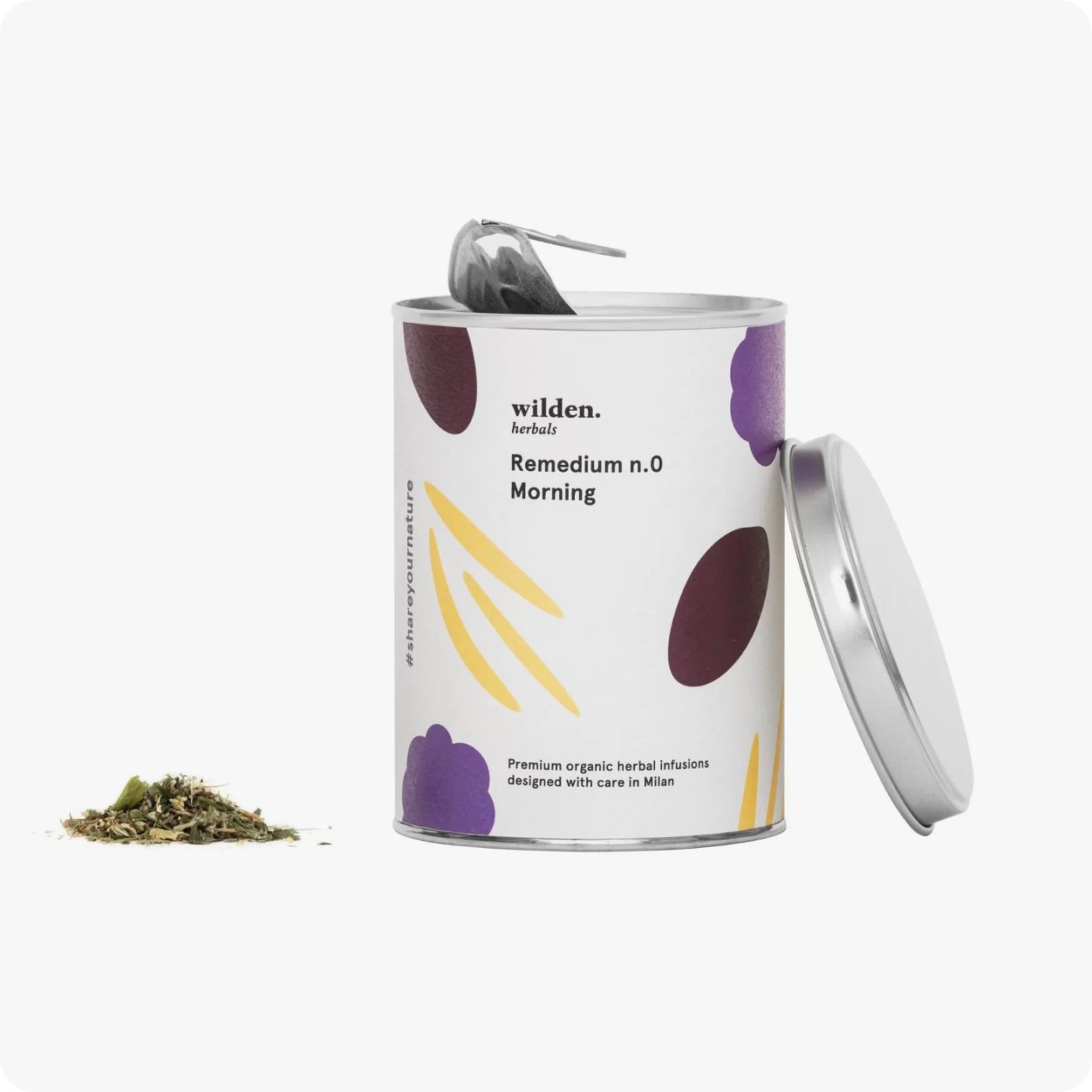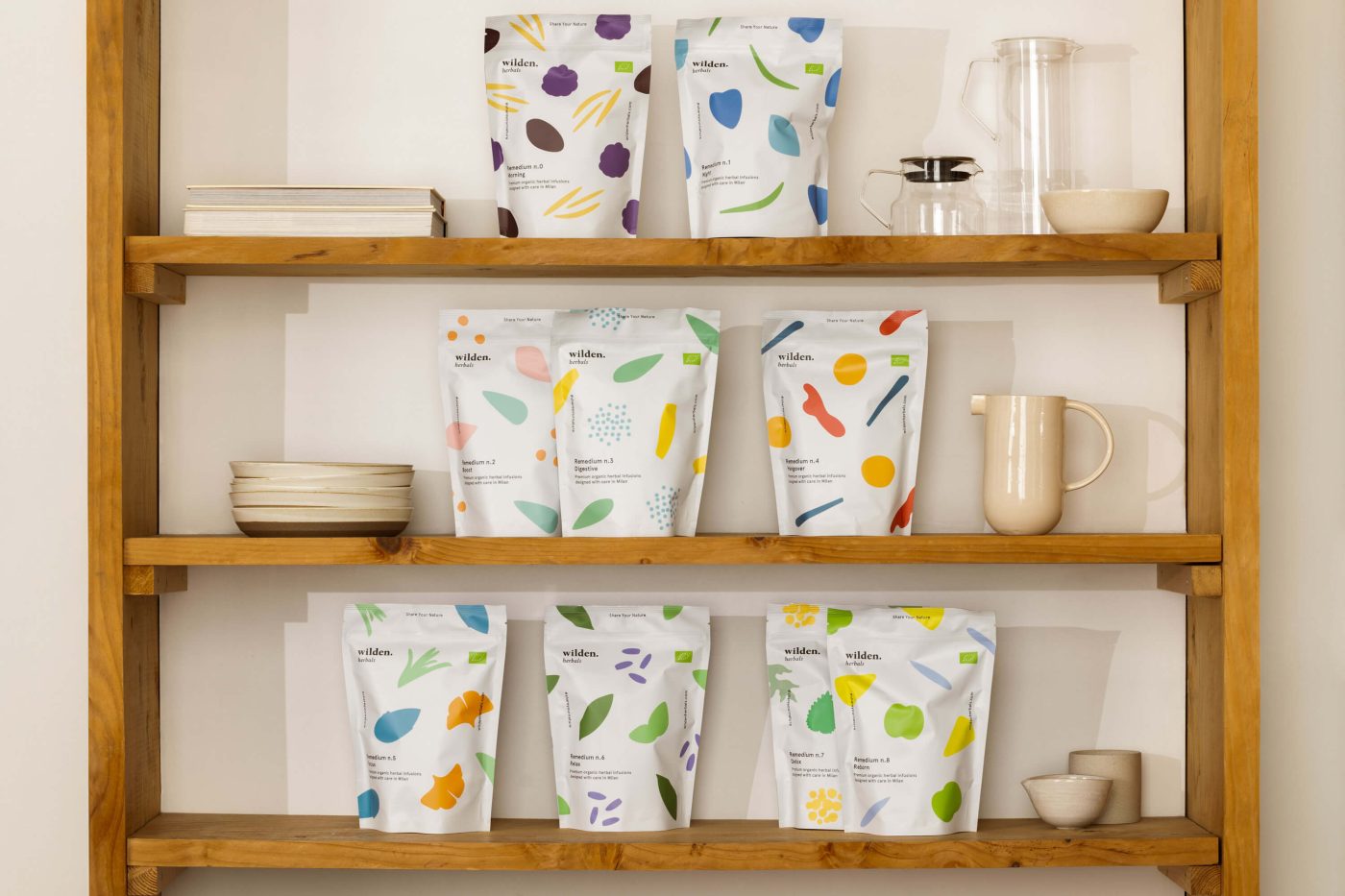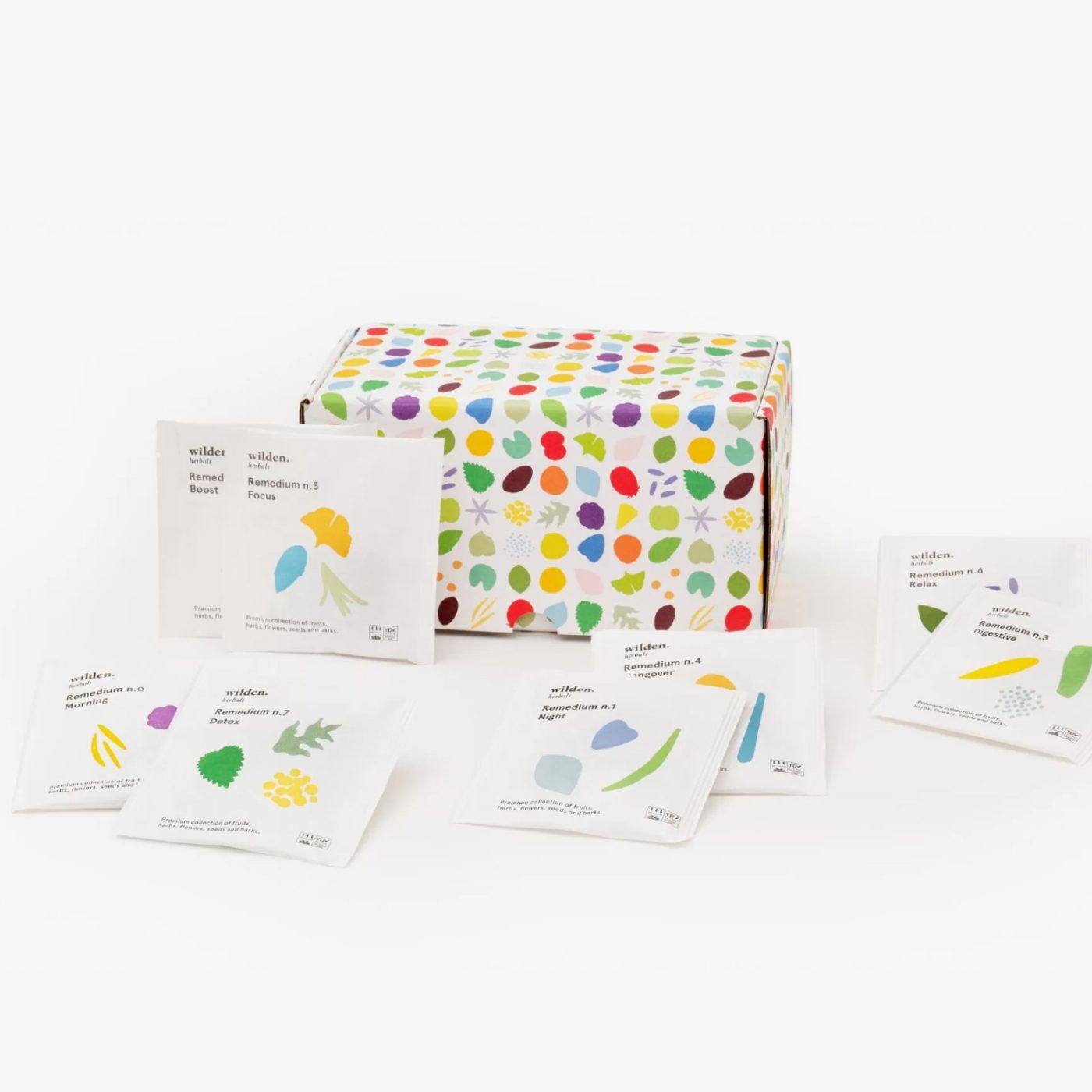The King of Herbs: his majesty the Basil
That its scent is intoxicating, transporting us in an instant to a Ligurian trattoria, is no mystery. But let's also discover the properties, benefits and uses of the royal herb par excellence, Basil.
Table of contents:
- What does basil look like?
- Where does basil come from?
- Is basil good for you?
- How is basil used?
- Curiosities about basil
What does basil look like?
A member of the Labiatae or Lamiaceae family, the genus Ocimum Basilicum, known simply as Basil, includes at least 65 species, although some sources speak of more than 150. The varieties have similar properties but differ in appearance and aroma.
In all its variations, basil is an annual herbaceous plant up to 50 cm tall and, needless to say, extremely aromatic. The leaves are smooth and glossy, opposite in twos. The flowers are corolla-shaped, white or pink in color and have five petals.

Where does basil come from?
Basil is one of the most cultivated plants in the world; it is native to the warm regions of Asia (India, Pakistan, Iran, Thailand…) in which it sometimes still grows wild. For centuries, however, it has also been acclimatized in Europe, having arrived there via the Middle East, where it has always been used for medicinal, gastronomic and religious purposes. In Italy it was introduced by the Romans; it is a cultivated species, sometimes sub-spontaneous. Because of its great popularity, this plant is often called king of herbs or royal herb.
Is basil good for you?
The fragrant flowers and leaves of basil are used in traditional medicines from various parts of the world as a tonic and vermifuge, and also to treat nausea, dysentery, aerophagia, colon spasms, stomach cramps and headaches. The infusion of the flowering plant is digestive and antibacterial.
Wine prepared from the leaves is tonic and -seems- aphrodisiac. The essential oil, when inhaled, stimulates the sense of smell and refreshes the mind.
In recent years, several studies have reported evidence of some of the plant’s beneficial effects, which were already intuited in traditional Asian and European medicines. In particular, there seems to be a direct beneficial effect of some constituents of basil on the central nervous system, at the level of stress reduction, headache treatment, and stimulation of brain activity. Also confirmed are the liver protective, anti-inflammatory, antioxidant and antimicrobial properties of basil.
At the gastrointestinal level, an infusion of fresh leaves gives great well-being by relieving nausea and heaviness.
If you, too, thought of basil solely as the main ingredient in pesto…it’s time to think again!
How is basil used?
In the kitchen, in the medicine cabinet, in the pantry, even in the bathroom…will it be because of its many uses that it has been nicknamed Royal Grass?
Typical of Mediterranean cuisine, for food purposes it is used fresh and raw to flavor vegetables, salads, pasta dishes, meats, sauces, fish, legumes, wines, grappa…have we forgotten something? Instead, its essence is used in the liquor industry for the preparation of La Chartreuse, an herbal liqueur of monastic origin, among others. The fresh flowers are also edible and can make your summer salads highly Instagrammable.
Cosmetically, the oil can be used for massage to relieve fatigued muscles; basil juice compresses, on the other hand, are useful against skin afflictions. Royal grass is then an ingredient in lotions, shampoos, perfumes and soaps.
If you want to fully enjoy the medicinal properties of this miraculous plant, you can consume its leaves in an infusion; that’s why we at Wilden.herbals have chosen to include it within our Remedium No. 5 – Focus, an herbal tea made for thinking, for having a clear head in order to be able to rework and deepen.
If you want to impress your guests instead, you must try our Boost Infusion cocktail recipe, made with gin, bergamot, lemon and…basil, of course!
Curiosities about basil
- The name of the genus(Ocimum), comes from the Greek òzein, “to smell,” in remembrance of the plant’s intense aroma; the common name, on the other hand, comes from the Latin basilicum, derived in turn from the Greek basileus, “king,” with the meaning “royal herb.”
- Not only the Romans, but also the Egyptians and Greeks believed that basil was auspicious for the afterlife.
- According to an ancient Roman legend, basil was the only antidote for the deadly bite of the Basilisk, a mythical creature capable of killing with its gaze.
- A scent as beloved by humans as it is hated by mosquitoes — a must try!
- Aldo Fabrizi, Italian actor, director, screenwriter, producer, comedian and poet summarizes in a sonnet in Romanesco the properties of basil:
“Except that the basil enchants us
Because it smells better than roses,
has certain medicinal qualities
Who in so many ills are a holy hand.
Enough of this plant’s tea
What a mar de head, windy colic,
gastritis, labored digestion
And illnesses de chest overflow them.
Because of these miracles I said,
I have a pharmacy on my balcony,
Open day and night in a jar.
Inside is ‘no apothecary always at work,
that doesn’t demand form and stamp
And there is never any danger of a strike.”
Bibliography
- Bulgarelli, Gilberto, and Sergio Flamigni. Practical Guide To Medicinal Plants. Hoepli, 2011.
- Olga Makri & Spiridon Kintzios (2008) Ocimum sp. (Basil): Botany, Cultivation, Pharmaceutical Properties, and Biotechnology, Journal of Herbs, Spices & Medicinal Plants, 13:3, 123-150, DOI: 10.1300/J044v13n03_10

